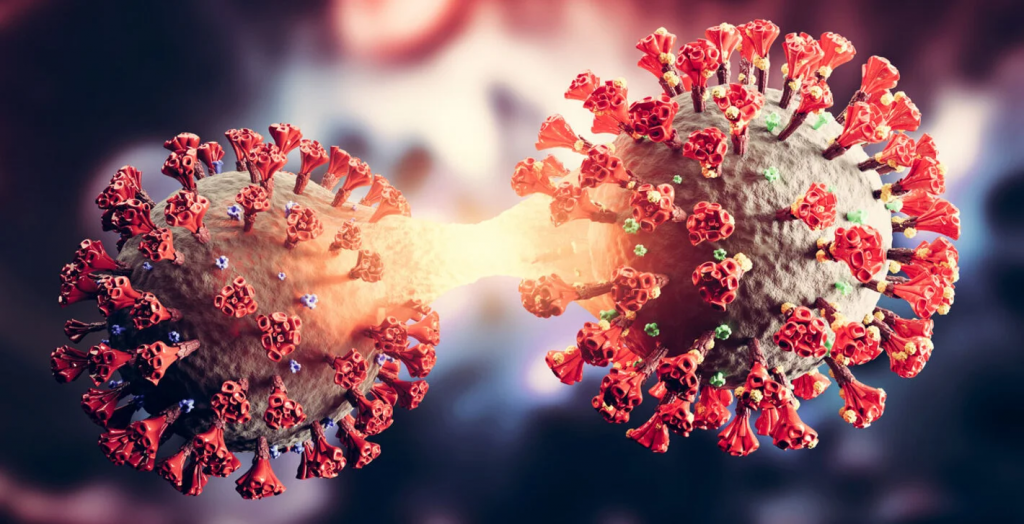New Covid Variant – Update

A new Covid variant has emerged in England and has raised concerns after being linked to an outbreak at a care home in Norfolk, as confirmed by health authorities.
As of now, there have been 34 confirmed cases of the variant BA.2.86, nicknamed Pirola, with the majority of these cases (28) identified within the care home. Thankfully, there have been no reported fatalities associated with this new variant.
The UK Health Security Agency (UKHSA) has urged caution, emphasizing that it is too early to make definitive conclusions regarding the potential severity and characteristics of BA.2.86 when compared to its predecessors.
As the autumn season approaches, those eligible for a booster jab are strongly encouraged to come forward for vaccination. Responding to the emergence of this new variant, the government has announced an expedited vaccine rollout, set to commence next week.
Understanding BA.2.86: An Insight from UKHSA
The latest briefing from the UK Health Security Agency delves into the specifics of BA.2.86, a derivative of the Omicron variant. Out of the 34 cases confirmed through meticulous laboratory sequencing, five individuals have required hospitalization.
With the detection of multiple, unrelated cases across various regions in the UK, there are indications of possible “established community transmission of BA.2.86,” as reported by UKHSA.
Notably, Scotland has also reported two cases of this variant, while no cases have been documented in Wales or Northern Ireland.
The Norfolk County Council has been actively providing infection guidance and support to the affected care home. A higher-than-usual number of residents and staff fell ill, leading to extensive testing that ultimately confirmed the prevalence of BA.2.86 in the majority of tested samples.
This early finding suggests that the variant “may possess sufficient transmissibility to impact settings with close contact,” as per the analysis.
BA.2.86 has made its presence known in multiple countries worldwide. Dr. Renu Bindra, incident director at UKHSA, pointed out that this variant carries a significant number of mutations compared to other Covid variants currently in circulation. However, she emphasized that the available data is insufficient to make definitive determinations about its transmissibility, severity, or its ability to evade immunity.
Dr. Bindra anticipates that it will take some time before comprehensive assessments can be made. She acknowledged the presence of widespread community transmission in both the UK and globally, and highlighted ongoing efforts to ascertain the full extent of this situation.
In regard to the autumn Covid and flu vaccine programme, the Department of Health and Social Care faced scrutiny for altering the start date. Originally slated for early September, it was postponed to October to maximize protection during the months of December and January when flu and Covid risks are elevated. However, in light of concerns surrounding the new variant, the start date has been moved up once again, now set for 11th September.
Eligible individuals for the Covid-19 vaccine include:
- Residents in care homes for older adults
- All adults aged 65 years and over
- Individuals aged six months to 64 years in clinical risk groups
- Front-line health and social care workers
- Individuals aged 12 to 64 years residing with individuals with weakened immune systems.
